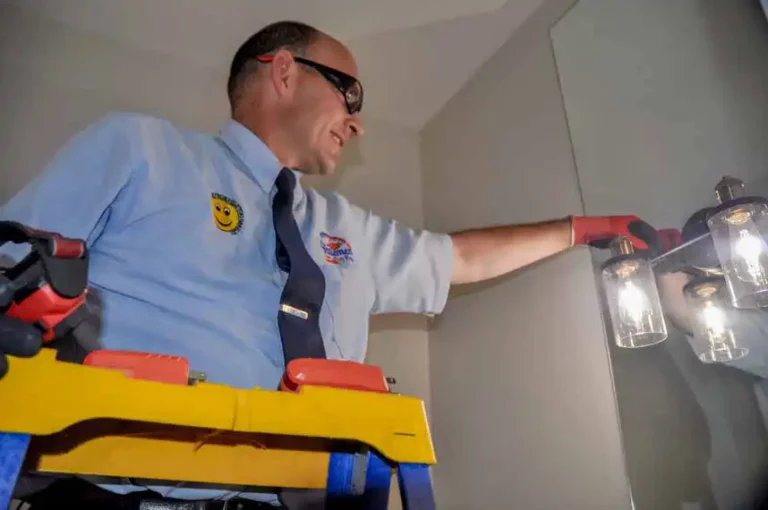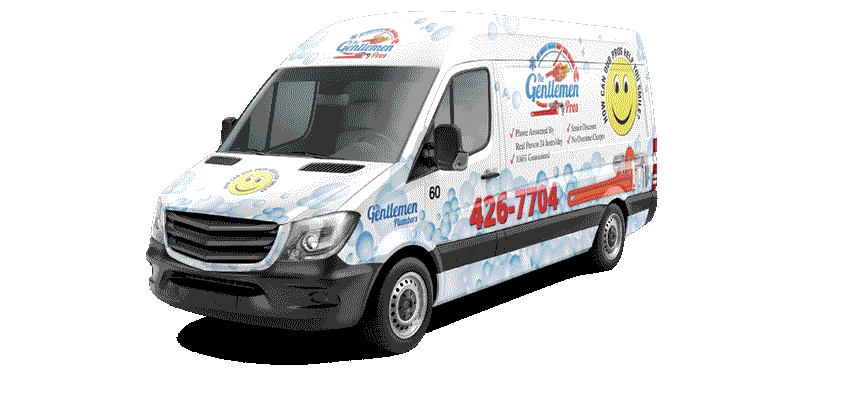
Same Day Service
Since 2001
Call The Gentleman Pros Now!
(403) 879-1759

A backup generator is an excellent piece of equipment to have when the power goes out. It can — almost seamlessly — keep the power on in your home.
A backup generator is an investment in your family’s welfare and safety and in your peace of mind.

There are several factors you have to consider when selecting your whole-house backup generator. They include:
It can be overwhelming and a little technical. Our knowledgeable electricians will help. They will review with you the different options, the pros and cons of different models, and make sure you get the best generator for your needs and budget. They will also answer all your questions and get all the needed permits.
Once a generator is selected, our journeyperson electricians will install it for you.
The installation will meet and exceed all applicable codes and regulations. We can also handle any electrical upgrades that need to be made to your system so the new generator can be safely hardwired into it.
We make sure you have safe and reliable power.
Let’s keep your power going when the grid is down.
Talk to one of our friendly customer service reps at (403) 879-1759 or by selecting the Chat With Us button at the bottom of the page. If you don’t have time to chat with us now, you can fill out our online form and we will get back to you shortly.
There are more than one type of generator and several things go into determining their price. Keep reading for more information.
There are three common categories of generators.
Portable generators can provide electricity to a few of your appliances during a short outage. They are not capable of providing energy to your entire house.
Portable generators can weigh between 30 and in excess of 200 pounds. Portable doesn’t necessarily mean they are easy to move around, it means they aren’t permanently attached to your house. Fortunately, the heavier generators usually come with wheels to make them easier to move.
They are powered by gasoline, diesel, or propane and come in a variety of sizes and wattages. The wattage ranges from less than 3,000 watts to over 10,000 watts depending on the model.
They are manually operated, which means you need to be at home to turn the generator on if the power goes out.
An inverter generator is similar to a portable generator. They are small and compact and are perfect for camping and other outdoor recreational activities.
Unlike a traditional generator, an inverter generator doesn’t operate at its maximum capacity all the time. It continually adjusts its engine speed to meet the demand for electricity. Whereas, traditional generators run full bore regardless of how much power is needed.
They generally use less fuel and are quieter than the other types of generators. They do, however, come with a higher price tag.
A standby generator is connected directly and permanently to both your home’s electrical system and to a fuel source (natural gas line or liquid propane or diesel tank). They are installed a safe distance from your home on a concrete pad.
They are attached to the home’s electrical system by an automatic transfer switch (ATS). An ATS switches between the two sources of power — the grid and the standby generator. When the power goes out the ATS switches to the generator and when the power comes back on it switches to the grid and stays there as long as the grid is supplying power.
This is a handy feature. This means you don’t even need to be home when the power goes out. The generator will detect the power is out and automatically turn on the generator. You will have almost seamless power.
The explanation is in the name. A whole-house generator is a standby generator that powers your entire house when the power goes out.
A partial generator is a good solution for the person who doesn’t want to power their entire house. They only want to power certain parts of it, usually the most critical parts.
This allows the homeowner to buy a smaller generator than they would if they wanted to power everything. So they aren’t buying a “partial” generator, just one that is smaller than they need to power the whole house.
The partial in the name refers to the installation. The generator is hardwired to the home’s electrical system just like a whole-house generator. The difference is it is installed to power only specific circuits, not all of them.
Not all houses are set up to allow for a partial generator. It depends on the house’s electrical system design. It may not be easy to only power certain things or areas of the house. Please consult with a licensed electrician.
Generators are available at a wide range of price points. These are the factors that can impact the total cost of a standby generator:



